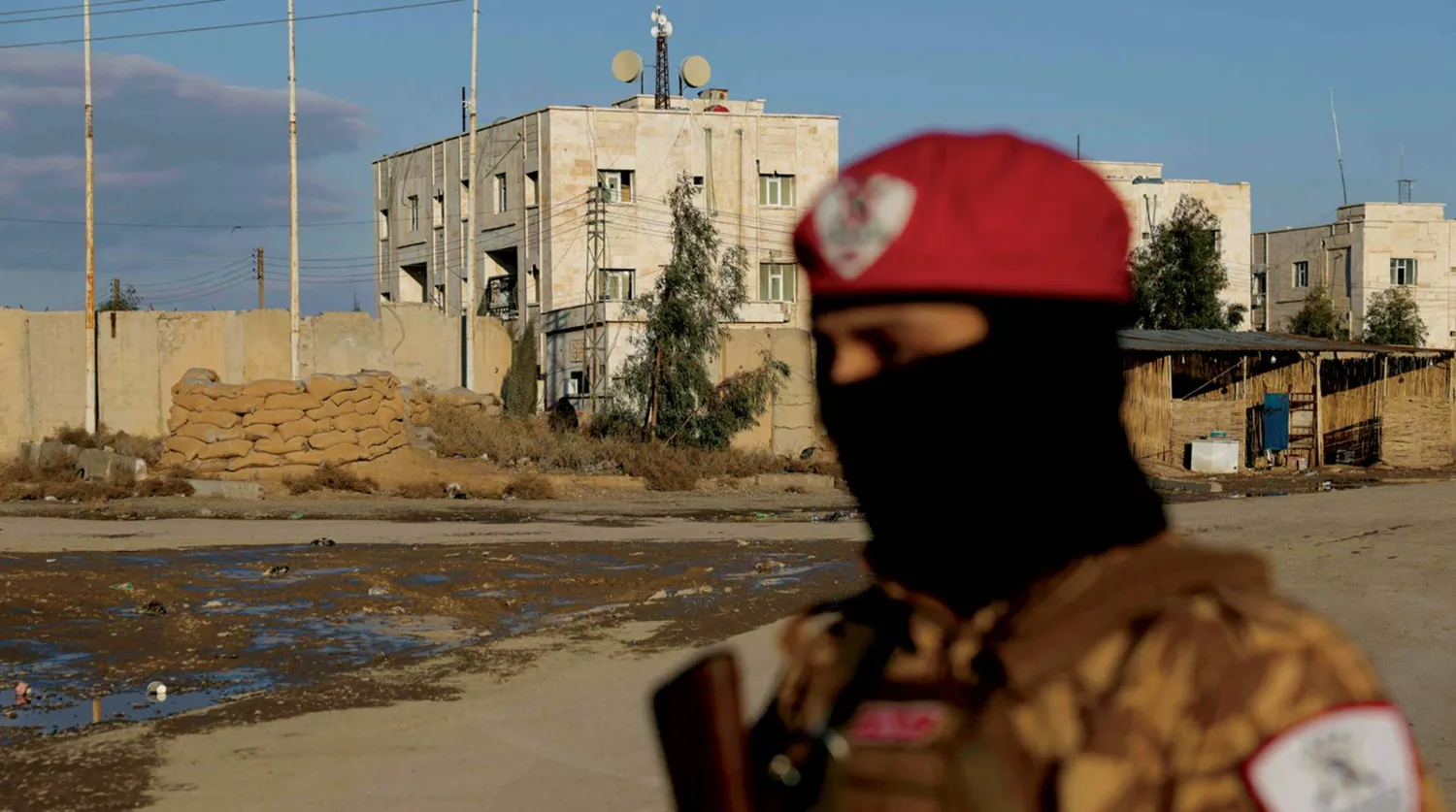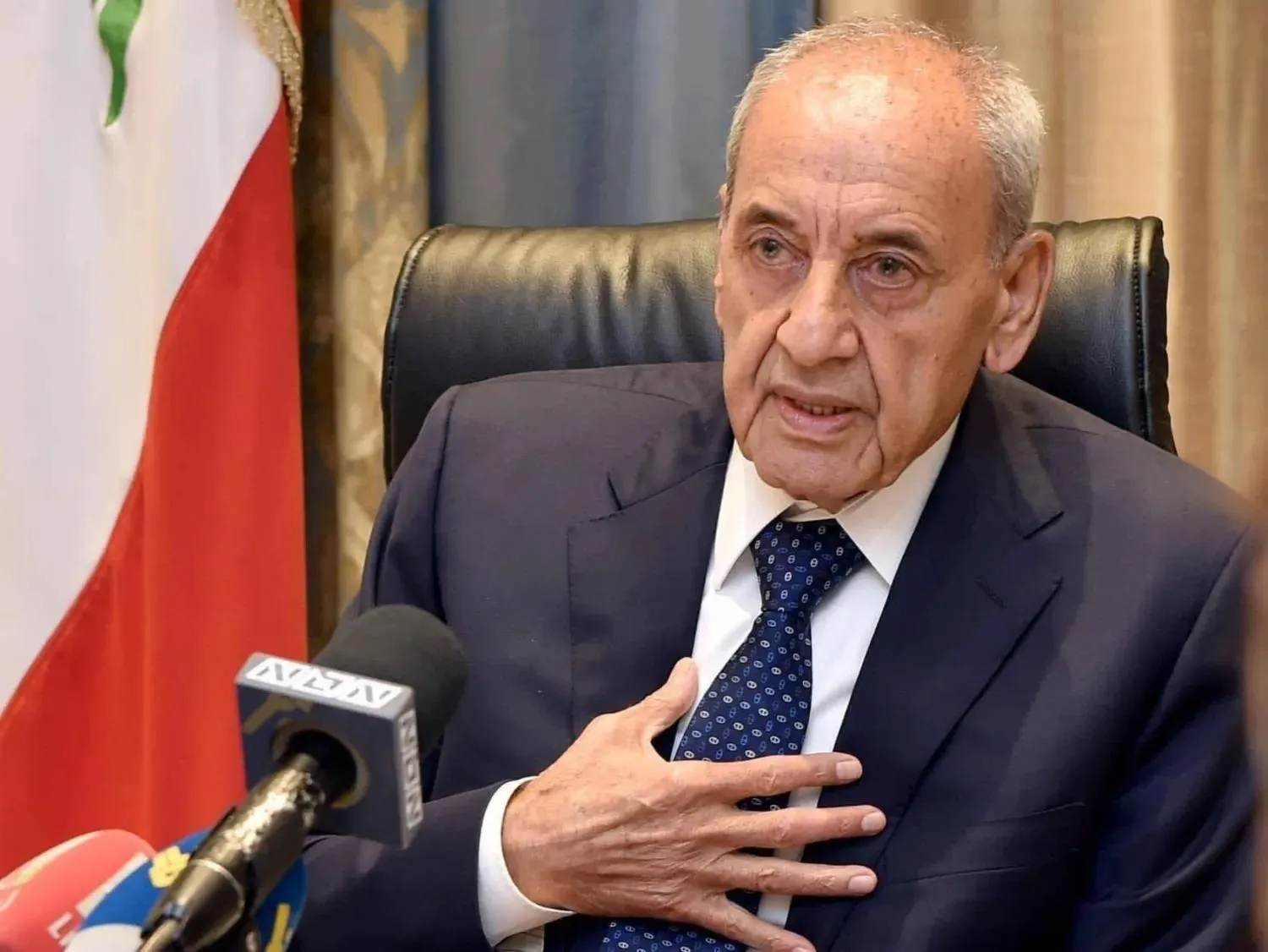The Dutch Supreme Court on Friday upheld a ruling that a Palestinian man cannot sue Israel's former defense minister and another former senior military officer over their roles in a deadly 2014 Gaza airstrike.
The highest Dutch court confirmed findings by judges in two lower courts that Benny Gantz and former Air Force Commander Amir Eshel are protected from civil proceedings in the Netherlands because they have “functional immunity.”
The long-running case was brought by Ismail Ziada, who lost six members of his family in the airstrike that lawyers for the two Israelis argued was part of an Israeli military operation during the 2014 Gaza conflict.
Ziada wanted the Dutch court to order Gantz and Eshel to pay damages. His legal team argued that the men didn’t have immunity because their actions amounted to war crimes.
In a written reaction, Ziada said he was “disappointed and angered” by the Supreme Court ruling and is considering appealing to the European Court of Human Rights.
“The Court has once again chosen to put politics over people and blocked access to justice. Today’s ruling only deepens the injustice we have suffered,” he added.
Israel’s Justice Ministry told a lower Dutch court that an internal Israeli military investigation determined the airstrike had killed four militants hiding in the house. It said the attack was permissible under international law. Gaza’s Hamas rulers themselves have said that two militants were in the building.
Gantz thanked his country's justice and foreign ministries for leading “the push that led to the dismissal of the lawsuit against me and against the former Air Force Commander Major General (ret.) Amir Eshel in the Netherlands.”
Gantz — who was military chief of staff at the time of the airstrike in Gaza — and Eshel had immunity because they were carrying out Israeli government policies, Dutch courts in The Hague ruled. The Supreme Court agreed in a short written ruling issued Friday.
Gantz is now head of the centrist opposition party National Unity in the Israeli Knesset. Eshel, a former director general of the Defense Ministry, was named this month as a senior fellow at the hawkish Washington-based Foundation for Defense of Democracies.
Gantz welcomed the dismissal of the lawsuit, crediting what he described as Israel’s “strong and independent judicial system” that protects Israeli soldiers and commanders “even in front of international courts.”
Prime Minister Benjamin Netanyahu’s conservative government is currently pushing to overhaul the country’s judicial system and weaken the Supreme Court, a move that the Israeli security establishment has worried could render the country more vulnerable to international prosecution.
“As the system protects us — it is our duty to protect it and preserve its strength and independence,” Gantz said.









